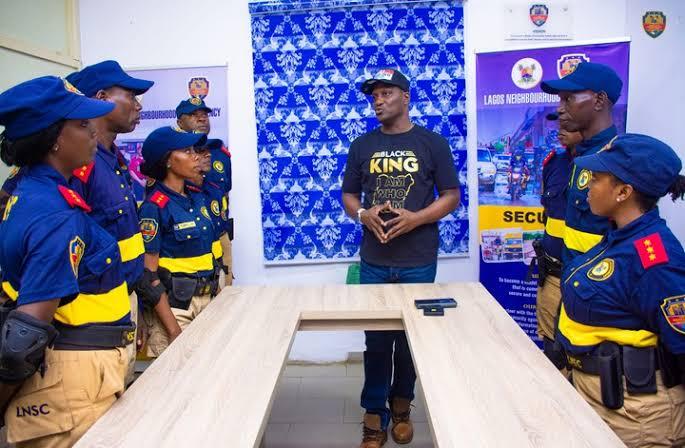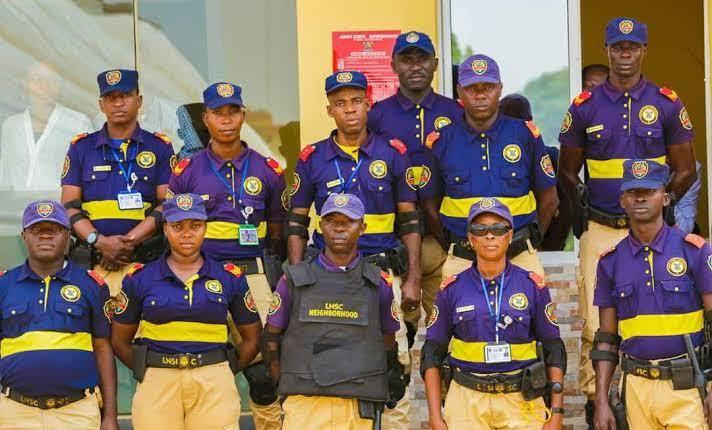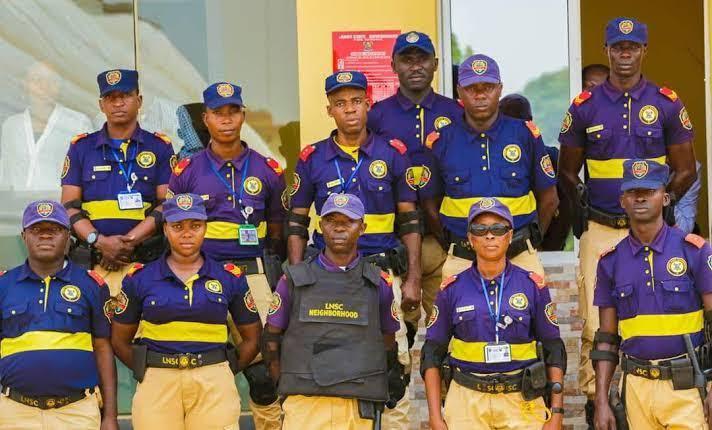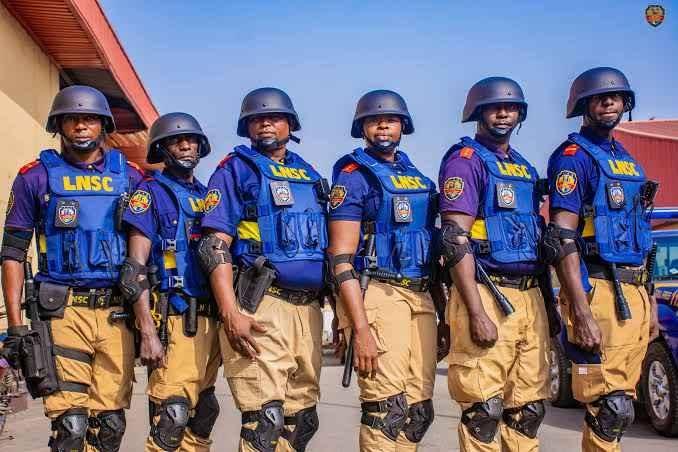Explore Our Bill Payment Services:

- Military And Defence
- Para-Military Guide
- Nigeria
What Are The Functions Of Lnsc? Their Roles & Responsibilities Explained
As Lagos continues to grow, so does the demand for better security and community support. To address this, the government established the Lagos State Neighbourhood Safety Corps (LNSC)—a local force dedicated to grassroots security and community policing.
But what exactly do they do?
In this guide, you’ll learn about the key roles and responsibilities of LNSC officers and why they are a vital part of Lagos' security framework.
Core Functions of LNSC Officers in 2025
Here are the major duties officially assigned to LNSC across all Local Government Areas (LGAs) in Lagos:
1. Neighborhood Surveillance & Patrol
LNSC officers serve as the eyes and ears of local communities, patrolling neighborhoods and observing unusual activities.
-
Monitor public areas, markets, schools, and junctions
-
Watch for early signs of unrest, crime, or violence
-
Deter petty crimes like theft, cultism, and street fighting
2. Community Intelligence Gathering
One of LNSC’s strongest roles is collecting intelligence:
-
Receive security tips from residents
-
Build local trust through engagement
-
Relay critical information to the police and other security agencies
-
Help identify and track down suspected criminals
3. Assisting Law Enforcement Agencies
LNSC doesn’t replace the police but supports them in grassroots operations.
-
Help enforce state laws and regulations
-
Assist police during joint patrols and community raids
-
Control minor disputes before they escalate
4. Traffic Support & Emergency Response
LNSC officers often provide traffic control and emergency assistance:
-
Help with crowd management during public events
-
Assist LASTMA and police in managing accident scenes
-
Alert authorities during fire outbreaks or civil unrest
5. Securing Schools & Public Institutions
To protect young people, LNSC works around:
-
Public schools (especially during entry and closing hours)
-
Local government offices
-
Markets and transport parks
-
Public gatherings and religious centers
6. Youth Engagement & Crime Prevention
LNSC helps prevent youth involvement in crime through:
-
Community awareness campaigns
-
Outreach programs on cultism, drug abuse, and domestic violence
-
Supporting peace clubs and school-based safety programs
7. Monitoring Religious, Political & Cultural Events
From political rallies to street carnivals, LNSC:
-
Ensures peaceful conduct of public events
-
Reports any sign of political violence or ethnic tension
-
Works closely with community leaders to maintain order
8. Responding to Local Complaints
LNSC serves as the first line of contact for residents facing minor conflicts.
-
Mediate disputes before police involvement is needed
-
Help residents report threats or suspected criminal activity
-
Support elders and vulnerable people in the neighborhood
Summary Table of LNSC Responsibilities
| Function | Description |
|---|---|
| Neighborhood Patrol | Daily watch for signs of insecurity |
| Community Intelligence | Gather information and report to police |
| Support to Police & Agencies | Assist in operations and enforcement duties |
| Emergency/Traffic Assistance | Help manage crowds, scenes, and road safety |
| Securing Schools/Public Places | Monitor institutions and protect public spaces |
| Youth Outreach & Safety | Educate young people and prevent crime |
| Event Monitoring | Provide security presence at large gatherings |
| Handling Local Complaints | Offer quick, grassroots-level response to resident issues |
Frequently Asked Questions (FAQs)
Q: Is LNSC the same as the police?
No. LNSC supports police but is a civil community security outfit created by the Lagos State Government.
Q: Can LNSC officers arrest criminals?
They can detain and report suspects, but they must hand them over to the police for formal arrest or prosecution.
Q: Does LNSC work during weekends and holidays?
Yes. LNSC officers are on duty 24/7, especially in high-risk or active communities.
Final Thoughts
The Lagos State Neighbourhood Safety Corps (LNSC) is more than just a local task force. It’s a critical arm of Lagos’ security structure—working silently but steadily to reduce crime, promote peace, and strengthen the relationship between residents and law enforcement.
Understanding what LNSC does gives you greater confidence in the safety of your community—and shows just how important grassroots policing is in today’s Nigeria.









